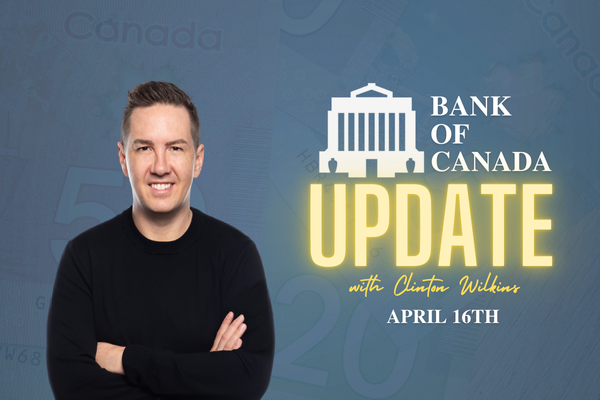On 95.7 News Radio, Clinton and Todd discussed the Yukon's government's new first-time home buyer program, offering low-interest loans to cover up to half of down payments while highlighting similar programs in Nova Scotia and New Brunswick.

Is variable still a good solution?
Is a variable rate still a good idea?
Since a 2001 study showing that Canadian mortgage holders would have been better off approximately 90 per cent of the time with a variable rate rather than a fixed rate, variable rate mortgages have been more attractive to Canadians. But, the Bank of Canada has increased the overnight rate twice since January and predicts that rates will continue to be on the rise until 2020. This is when it is to reach its neutral rate. The neutral rate is the theoretical rate where it won’t be necessary for any further rate hikes or cuts.
While the Bank of Canada predicts that the neutral rate will be at 2.5 per cent, the market estimates that the neutral rate will be closer to 2.25 per cent, given recent events in the economy. Since the Bank of Canada is increasing prime rates and edging closer to the neutral rate. Borrowers may be wondering if a variable rate mortgage is still the more attractive option.
The factors
There are many things that will factor into your decision when choosing a rate. Assessing your income and any potential changes is one of the biggest factors when choosing between variable and fixed rates. This will help determine if you can weather any changes in your mortgage rates, such as increases and decreases. If you are the type of borrower that can cope with rates increasing and mortgage payments becoming more expensive; a variable rate may be a better decision for you.
When the variable rate is lower, you can add the extra funds to your mortgage. This will help ease the pain when rates start to hike. If rates continue to rise and you’re starting to pinch pennies, you can lock in at the best fixed rate. For people that have trouble sleeping at night knowing that rates can change; variable rate mortgage may not be the best option for you.
And finally…
Moreover, if a mortgage is insured or not will factor into the benefits of different rates. When looking at an insured mortgage, or one with 20% or more equity, a five-year variable rate would pay off over a five-year fixed rate. A five-year variable rate at 2.64% would save the borrower approximately $1,025 compared to a five-year fixed rate at 3.44%. But, when the mortgage is insured, or less than 20% equity, the tables have turned, and a fixed-rate mortgage pays off more. A five-year fixed rate at 3.19% would cost approximately $25 less over the five years compared to a five-year variable rate at 2.6%.
To check our daily updated rates please visit our rates page here. To learn more about the rate product that best fits your needs please give us a call at 902-482-2770 or contact us here.


